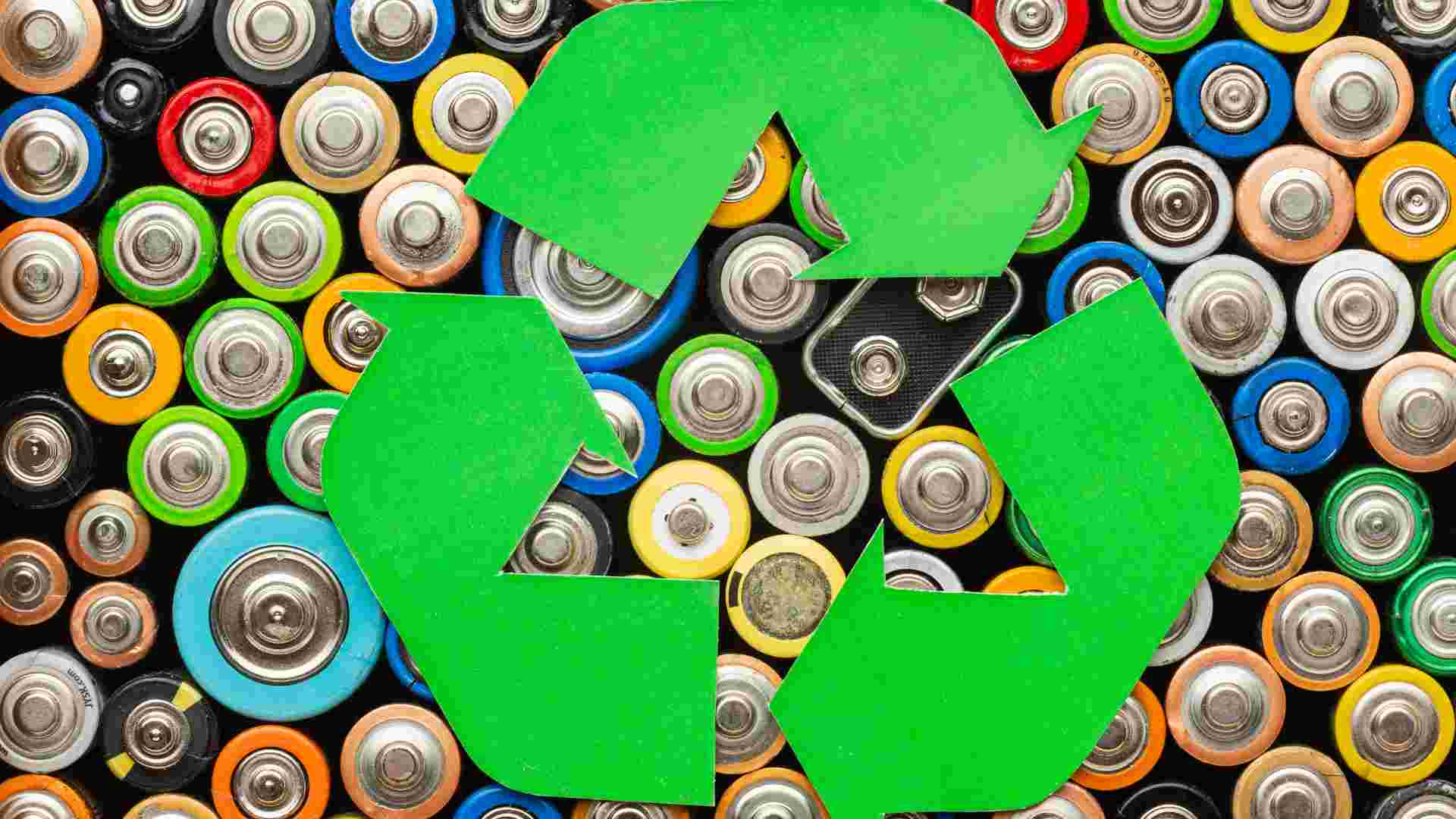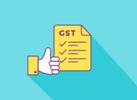![]()
Tips for Battery Scrap Importers in India: Importing battery scrap is a lucrative business in India due to the surging demand for batteries in various sectors, like renewable energy, automotive, renewable energy, and consumer electronics. However, navigating the complex world of battery scrap imports requires careful planning and adherence to regulations. This blog offers essential tips for battery scrap importers in India to help ensure a successful and compliant operation.
1. Know the Regulations for Battery Scrap Importers:
- The first and most crucial tip for battery scrap importers in India is thoroughly understanding the relevant regulations. Importing battery scrap falls under the purview of India’s Ministry of Environment, Forest, & Climate Change (MoEF&CC). Familiarise yourself with the Hazardous and Other Wastes (Management and Transboundary Movement) Rules, 2016, which provide guidelines for the import, transportation, and disposal of hazardous waste, including batteries.
- Ensure that your operations comply with the Basel Convention (BC), an international treaty that regulates the transboundary movement of hazardous waste. India is a signatory to the convention, which places restrictions on the import of hazardous waste.
2. Obtain Necessary Permissions and Licenses: Battery Scrap Import
Before importing battery scrap, obtain all the required permissions and licenses. This process can be time-consuming, so it’s essential to start well in advance. Depending on the type and quantity of battery scrap you intend to import, you may need different licenses and permissions.
Importer Exporter Code (IEC):
You must obtain an IEC from the Directorate General of Foreign Trade (DGFT) to engage in international trade.
Registration with MoEFCC:
Battery scrap is classified as hazardous waste. Register your business with the MoEFCC as a hazardous waste generator and handler.
Consent from Pollution Control Boards:
You may need consent from the State Pollution Control Boards to dispose of hazardous waste.
Import Clearance from Customs:
Submit the necessary documents to the customs authorities to import battery scrap. Ensure that you follow all customs procedures and requirements.
Basel Convention Import/Export License:
Apply for the Basel Convention import/export license to comply with international regulations.
Partner with the Right Suppliers:
- Choosing the right suppliers is critical to the success of your battery scrap import business. Research potential suppliers thoroughly to ensure they meet environmental and ethical standards. Ensure that the supplier complies with regulations related to the export of hazardous waste, as well as international agreements like the Basel Convention.
- Additionally, assess the supplier’s reputation and track record regarding quality, reliability, and environmental responsibility. A trusted supplier will help ensure a consistent and reliable source of battery scrap.
Environmental Responsibility:
- Battery scrap importers must prioritise environmental responsibility. Ensure that your operations adhere to eco-friendly practices and contribute to a sustainable future. Implement a recycling and disposal strategy that minimises the environmental impact.
- Invest in efficient recycling technologies that can recover valuable materials from used batteries while minimising pollution. Collaborate with local recycling facilities to responsibly manage the hazardous waste produced during the recycling process.
Battery Testing and Sorting:
- Develop a robust testing and sorting process to ensure the quality of the battery scrap you import. It’s essential to differentiate between various battery types, such as lead-acid batteries, lithium-ion batteries, and nickel-cadmium batteries, as they have different recycling processes and values.
- Establish a testing facility to assess the condition of batteries, segregate damaged or non-recyclable batteries, and determine the materials’ potential for recovery. This step is crucial to maximise the value of the battery scrap you import.
Transportation and Handling:
- Safe transportation and handling of battery scrap are paramount. Implement a secure and compliant logistics system with proper packaging, labelling, and transportation permits. Ensure that your transportation vehicles meet safety and environmental standards and follow guidelines for the handling of hazardous waste.
- Work with certified transporters who have experience in moving hazardous materials, as they will be aware of the regulations and safety precautions required.
Storage Facilities:
- Have dedicated storage facilities that comply with the Hazardous & Other Wastes (Management & Transboundary Movement) Rules. These facilities should be designed to prevent leakages, spillage, or any harm to the environment.
- Store battery scrap in a well-ventilated and dry environment to minimise the risk of chemical reactions and fires. Follow safety measures to protect workers and the surroundings.
Safety Protocols:
- Safety should be a top priority in your battery scrap import business. Guarantee that your employees are trained to handle hazardous materials safely. Provide them with protective gear, such as gloves, masks, and safety goggles.
- Establish safety protocols for handling battery scrap, including emergency response plans for spills, fires, or accidents. Regularly inspect and maintain safety equipment and facilities to prevent accidents and environmental damage.
Documentation and Record-Keeping:
- Maintain meticulous records of all import-related activities. Keep detailed documentation of shipments, including the source, quantity, and type of battery scrap, customs clearance documents, transport permits, and invoices.
- Maintain records of recycling and disposal activities, including the final disposition of battery scrap. These records will be essential for regulatory compliance, audits, and reporting.
Compliance with Extended Producer Responsibility (EPR) Requirements:
India is moving towards implementing Extended Producer Responsibility (EPR) for managing electronic waste, including batteries. Under the EPR system, producers and importers of batteries are responsible for the collection, recycling, and proper disposal of end-of-life batteries. Ensure your business complies with EPR requirements, including setting up collection points and recycling facilities.
Maintain Transparency and Accountability:
- In addition to legal compliance, maintain transparency and accountability in your battery scrap import business. Engage with regulatory authorities, environmental organisations, and local communities to demonstrate your commitment to responsible recycling and waste management.
- Engage in regular environmental audits and assessments to identify areas for improvement and demonstrate your dedication to environmental stewardship.
Stay Informed:
Keep abreast of changes in regulations, environmental best practices, and technological advancements in battery recycling. Regulatory frameworks may evolve, and new recycling technologies could impact your operations. Attend industry conferences, participate in seminars, and network with experts to stay informed about the latest developments in the battery scrap import sector.
Conclusion:
Battery scrap importation in India can be a profitable venture. Still, it requires strict adherence to regulations, environmental responsibility, and a commitment to safety. By obtaining the necessary licenses, working with trusted suppliers, implementing eco-friendly practices, and prioritising safety, you can build a successful and sustainable battery scrap import business. Stay informed, remain adaptable, and embrace best practices to thrive in this dynamic industry while leading to a cleaner environment and a greener future for India.





